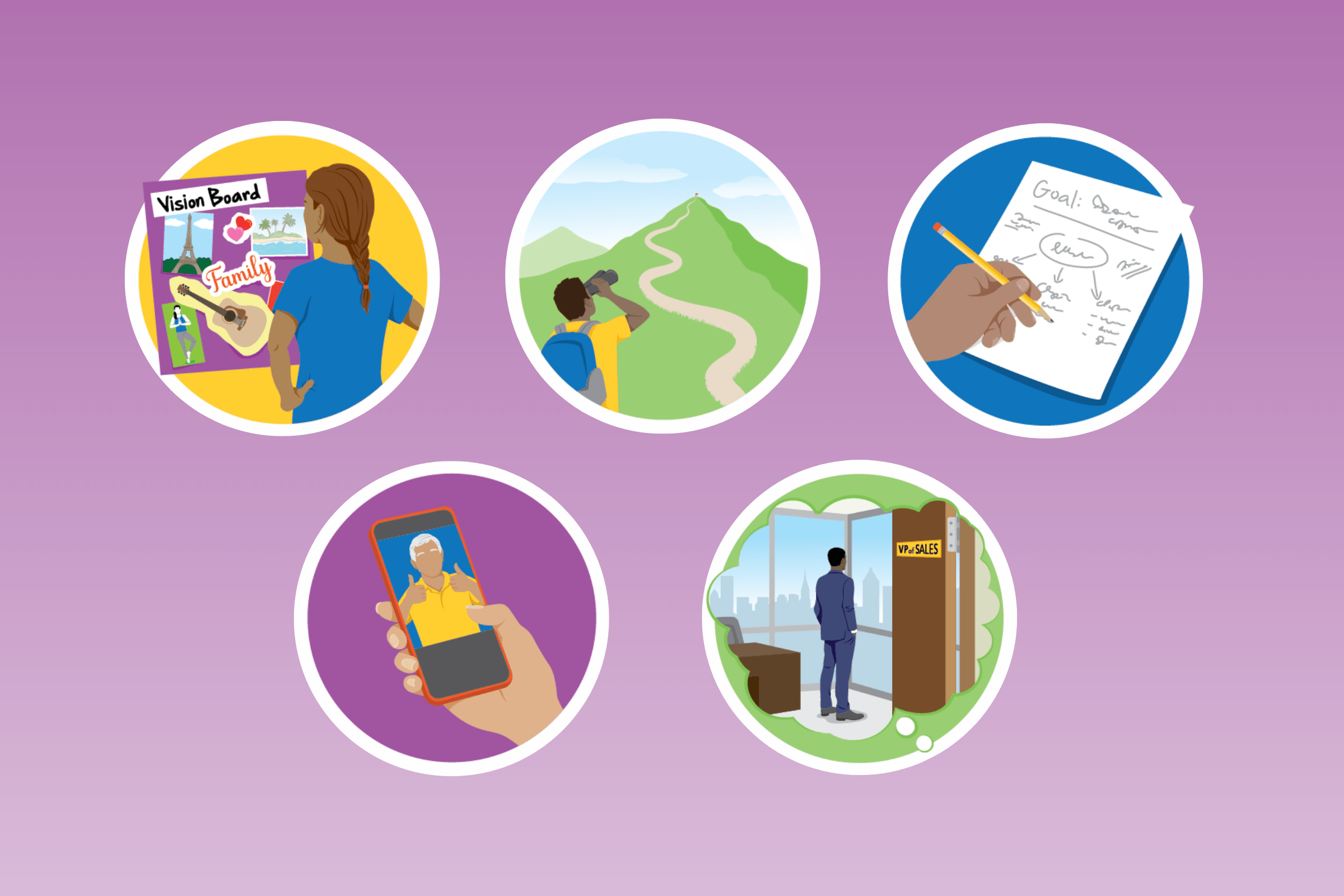This video has been making it’s rounds as the Holiday season is in full force unfolding before us. No matter what we believe or in what various moods/feelings we are treading or at times, seemingly drowning in, Holidays or not, it goes to the heart of our remembering, our once upon a times, that at times feels like hugging a porcupine and yet we squeeze all the more harder to keep those memories close and to actually do all we can to bring them back to vivid, living color so that we can feel all that is good, all that is love, all that once upon a time was. . .

Sometimes it’s not so much
WHAT YOU REMEMBER
as
T H A T
you are
R E M E M B E R E D. . .
Memories are precious
and the only things more important:
THE MEMORIES YET TO BE CREATED. . .
this holiday season
May your greatest memories
be those you’ve yet to create
(but undoubtedly will)
 Let your Remember’er
Let your Remember’er
bring you
what
THE NEW
sometimes can never quite promise
(and may your Remember’er do it often)






 A N D
A N D























